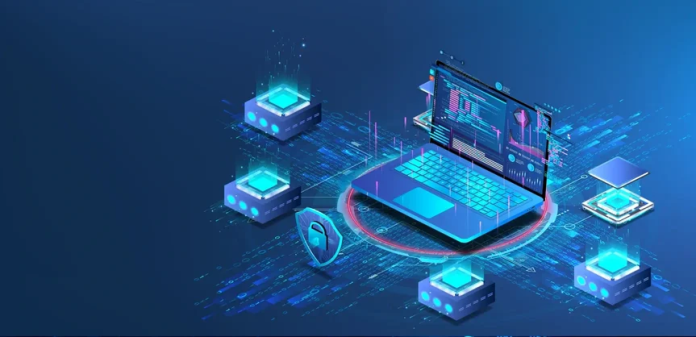In the modern world, wealth isn’t just physical. Many people today manage and grow their wealth online. They handle crypto portfolios, domain names, digital businesses, and monetized content channels. But with growing digital assets comes a rising need to protect them from cyber threats. Virtual Private Networks, or VPNs, are becoming increasingly important instruments for protecting online assets in this situation.
One of the easiest methods to protect your online activities from prying eyes is to use a free VPN. Your internet connection is encrypted via a VPN. Hackers and data brokers will find it far more difficult to monitor your online activities as a result. A VPN keeps your activities safe. It protects client transactions, financial dashboards, and content management system logins. Now, you can use VPN apps for Android and iOS. These apps help protect your data while you’re on
The rise of location-independent work has changed the way entrepreneurs approach security. They used to think public Wi-Fi was great, but now they say it might be dangerous if you aren’t careful. Airports, cafes, and workplaces are common targets for packet sniffing and man-in-the-middle attacks. Because your data is transmitted over a concealed channel, not even those on the same network as you will be able to observe the websites you visit or the actions you perform while online. This is especially important when dealing with private login information or online deals for business.
VPNs help keep your privacy when you research markets, track competitors, or find new investment opportunities. You can get a varied picture of international opportunities because many websites provide different prices and information depending on your area. By connecting you to a server in another location, a virtual private network (VPN) hides your online identity and lets you access the web without anybody knowing who you are. This can help with more accurate market research and getting to financial tools and info that aren’t available in certain places.
VPNs provide extra protection if you make a living from creating material, whether it be for YouTube, a blog, or online courses. In order to take over accounts or steal money, cybercriminals frequently target creators. The danger of account breach can be significantly decreased by using a VPN in conjunction with other authentication methods. VPNs guarantee safe file sharing and communication for people managing teams or outsourcing work internationally. This keeps privacy intact and boosts productivity.
There’s also a tax and regulatory angle. International entrepreneurs often face country-specific rules about content, tools, or payment platforms. By giving you access to services that aren’t available in some areas, VPNs can guarantee more efficient operations and a standardized set of tools for managing your company. Although following rules and regulations is always necessary, VPNs can fill in the holes left by digital red tape.
Additionally, digital businesses must deal with data acquisition on a never-before-seen scale. Corporations may capture, analyze, and profit from every search, click, and transaction. Being followed might undermine your competitive advantage if your company depends on proprietary tactics and insider information. By reducing digital traces, a VPN enables more private online travel.
Finally, spoofing and phishing efforts at investors are becoming more common as assets like cryptocurrencies and NFTs become more famous. Smart wallet hygiene is still necessary, but a VPN offers another layer of protection against anyone attempting to track your trading behavior or intercept private information. A VPN is a component of a contemporary digital security stack, along with password managers and encrypted browsers.
In a world where an increasing portion of net worth is stored, earned, and managed online, VPNs are no longer optional. They’re a proactive, cost-effective way to make sure that the money you’ve amassed doesn’t go overnight. VPNs are a wise first move if you’re an investor, freelancer, or company founder. Protecting your digital ecology should be your first concern.
